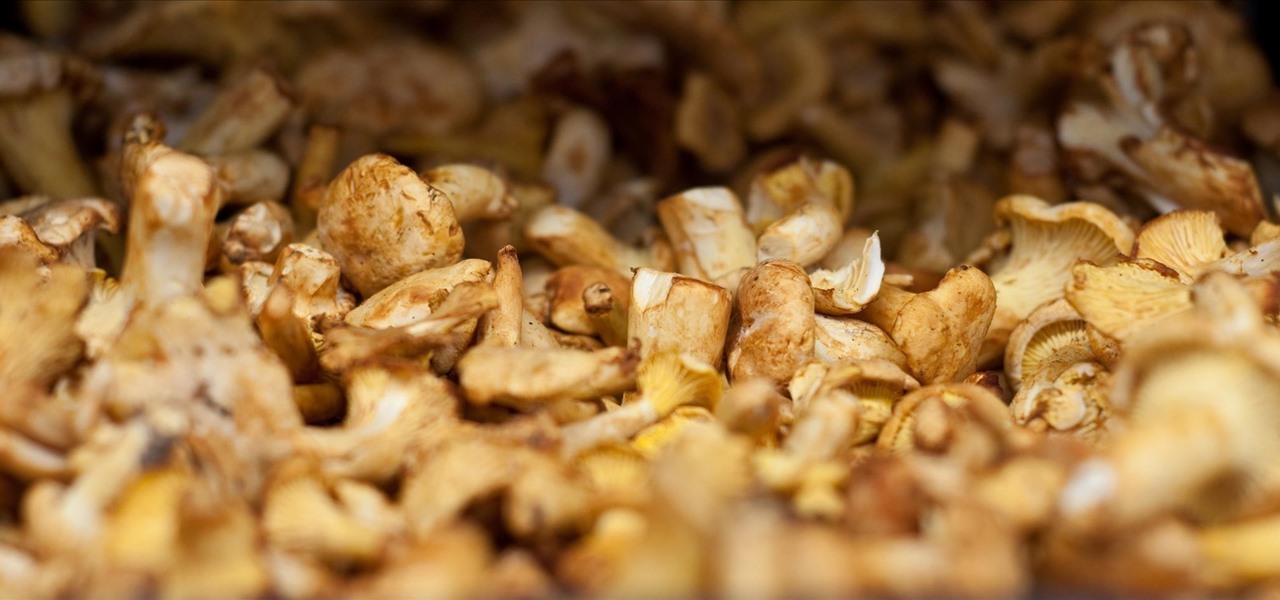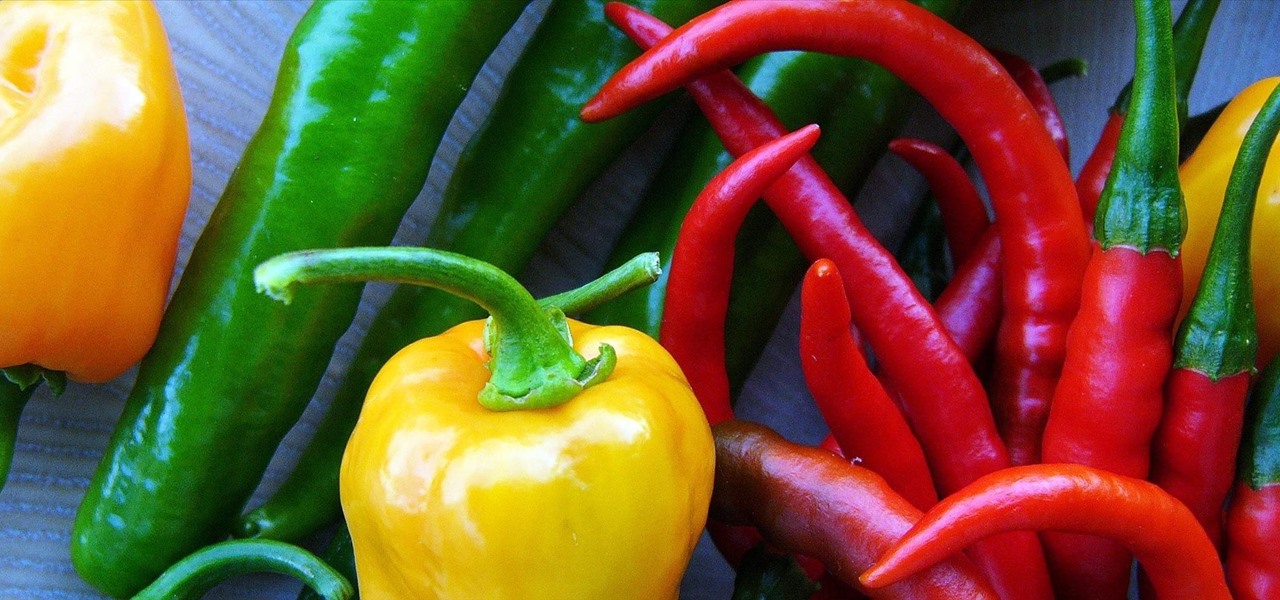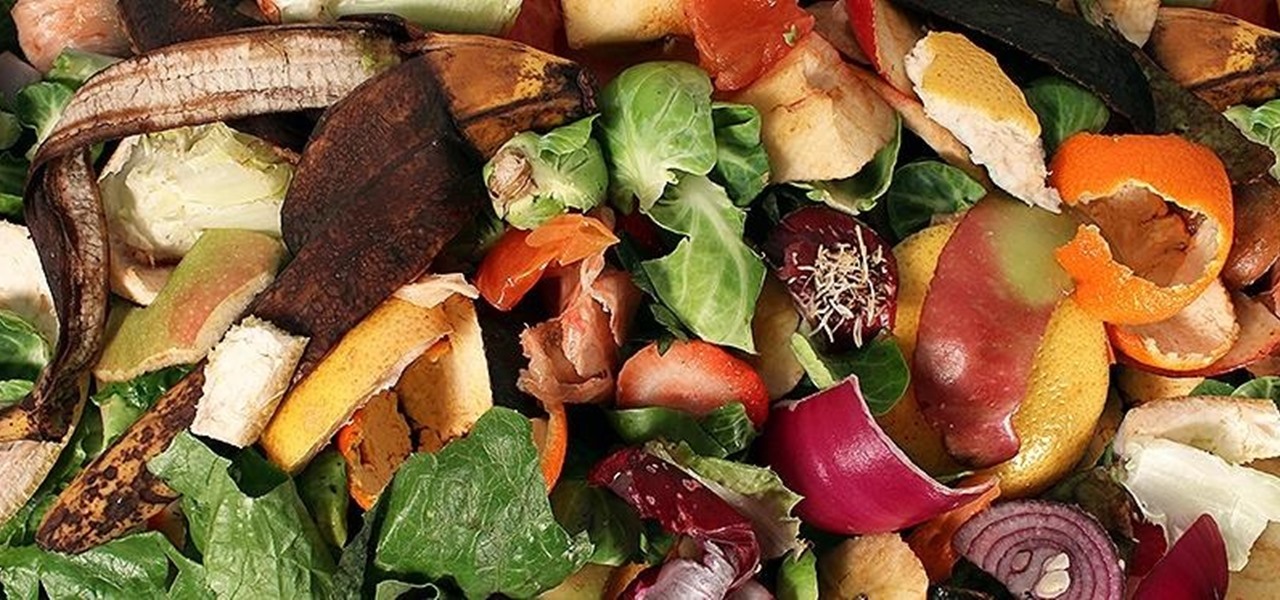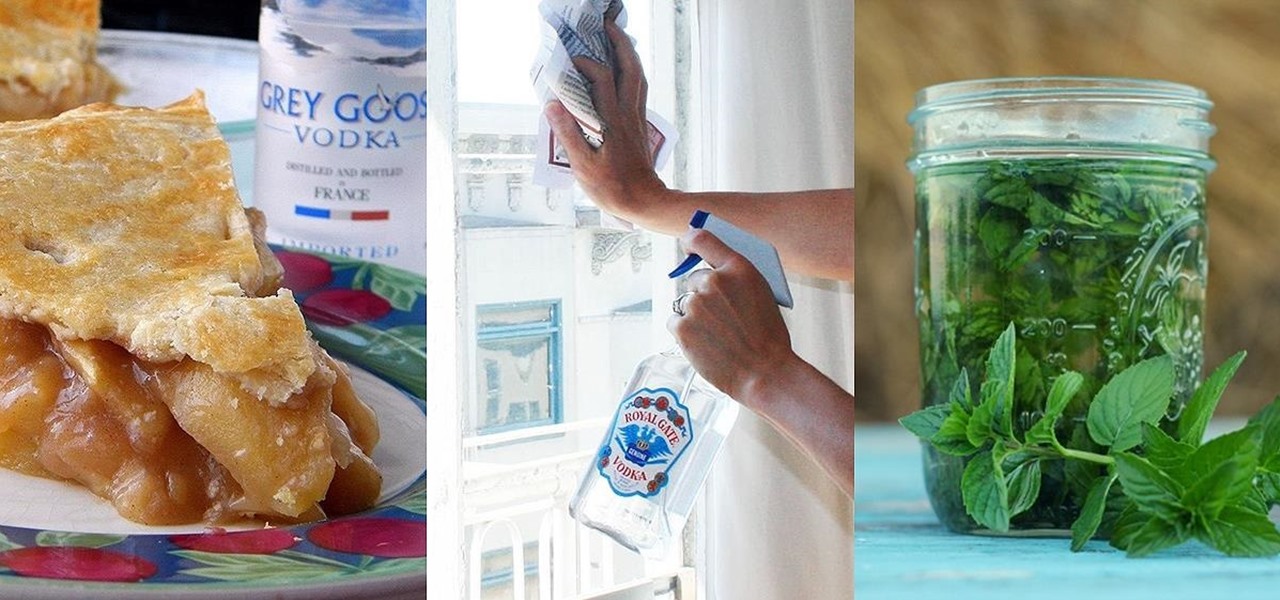
Eating vegetarian isn't just for vegetarians. There are plenty of reasons, health and economics-wise, to consider forgoing the meat for a meal or three. Rather than get deep into the world of fake meat (although there's many a tasty alternative to be found there, to be sure), you should consider getting to know your humble-seeming fungal friend: the mushroom. Thanks to their hearty flavor, cooks tend to treat mushrooms like meat, albeit one with its own unique characteristics. Mushrooms are e...

You can find chili peppers in practically every cuisine. From the sweet Italian variety to the spicy Thai bird's chili and the smoky Mexican chipotle, peppers are ubiquitous and universally loved. But if you find the range and scope of these little fireballs overwhelming, you're not alone.

A few years ago I went hog-wild trying to achieve a zero-waste lifestyle. I didn't succeed, but the experiment taught me that we throw away things we could—and should—be using more.

The origins of vodka are shrouded in mystery, with both Russia and Poland laying claim to its invention. Some say Genovese merchants brought vodka (then known as aqua vitae, or the water of life) in the late fourteenth century to Russia. For many years, vodka wasn't just an alcoholic beverage: it was also consumed as medicine.

Brining is magic. All you have to do is make a mild saline solution, toss in your protein of choice, let it soak, and cook. You end up with incredibly tender, flavorful meat or tofu for very little effort. So why aren't more of us doing it?

Chances are that you've been using your microwave just to nuke leftovers, but they can do so much more than heat up last night's dinner—microwaves can help you peel garlic more quickly, get more juice out of lemons, disinfect your kitchen, dry out herbs, give beauty products new life, cause exciting explosions, and even arc weld.







